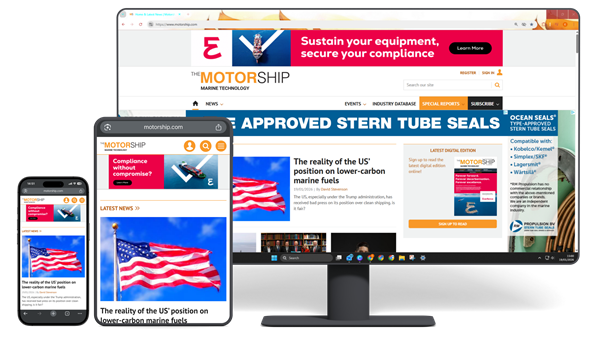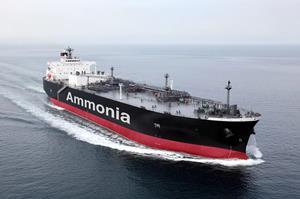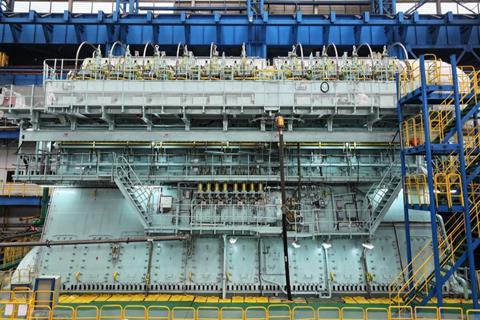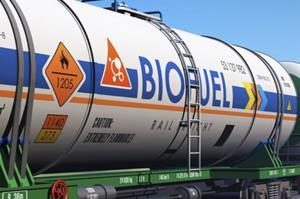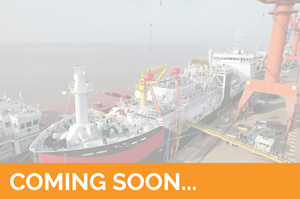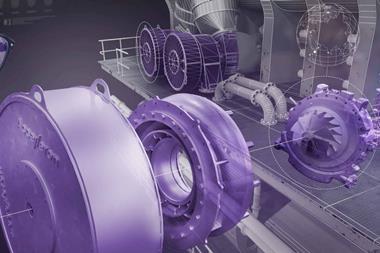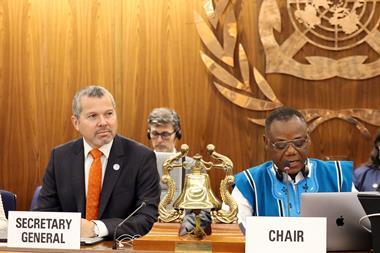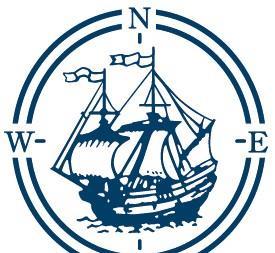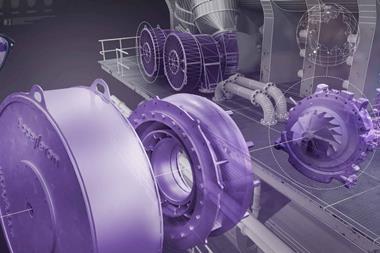In my editorial for the latest edition of The Motorship, I wrote about how Trump’s inauguration saw the China baiting that was a hallmark of his first administration renewed with vigour. But with tariffs coupled with geopolitical tensions in Ukraine and Middle East, the impact on shipping companies is plain to see.
UK-listed ship broker Clarksons is down by over a quarter, seeing 28% wiped off its share price as Trump announced his far-reaching trade tariffs. Closer to The Motorship’s core market, Wärtsilä has seen its share price drop by over 17% and there has been similar declines in other marine tech powerhouses like ABB and its spin-off Accelleron.
The mainstream media is focused on the large shipowners and logistics giants like Hapag-Lloyd and Maersk which both saw over 20% drops in their respective share prices but little has been said about the companies who make vital components for the vessels these companies own.
Shipping is renowned for its resilience. Following the Covid 19 shock, the three main traded segments in US-listed shipping: tankers, containers and dry bulk all went on their own very distinct voyages but broadly all recovered and thrived.

Trump’s proposed $1.5 million levy per vessel for Chinese-made containerships simply beggars belief. Ostensibly a move to stimulate the US’s own shipbuilding industry, what happens when US consumers realise that it is they who will have to pay for this punitive measure when goods increase in price?
For some this slump in company valuations is an opportunity to bolt-on companies to their existing offering. Alfa Laval, the Swedish listed heavy industry company with a large marine division, recently acquired UK-based Sonihull. The company is a developer of ultrasonic anti-fouling systems and this acquisition looks to leverage the use of this technology which due to environmental concerns is poised for growth.
This “buy and build” philosophy has been adopted by other major marine players. Accelleron bought Italian fuel injection equipment maker Officine Meccaniche Torino in 2023 which strengthened the company’s position as a leader in the use of alternative fuels technology. Just last year it bought weather routing and voyage optimisation service provider True North Marine as a means to bolster its bourgeoning digital offering.
The point is that despite the best efforts of a man in the Whitehouse, relying on the advice of an unelected megalomaniac, the vast majority of global trade is done by sea and requires vessels. With regulations shaking up the industry, this means companies providing the technology to aid compliance are in great demand and will be for some time. For those in the know about markets and share prices such as my former employer Morningstar, they believe that the market reaction to Trump’s tariffs is overdone and will recover soon. I think they’re on the money with that assertion.

